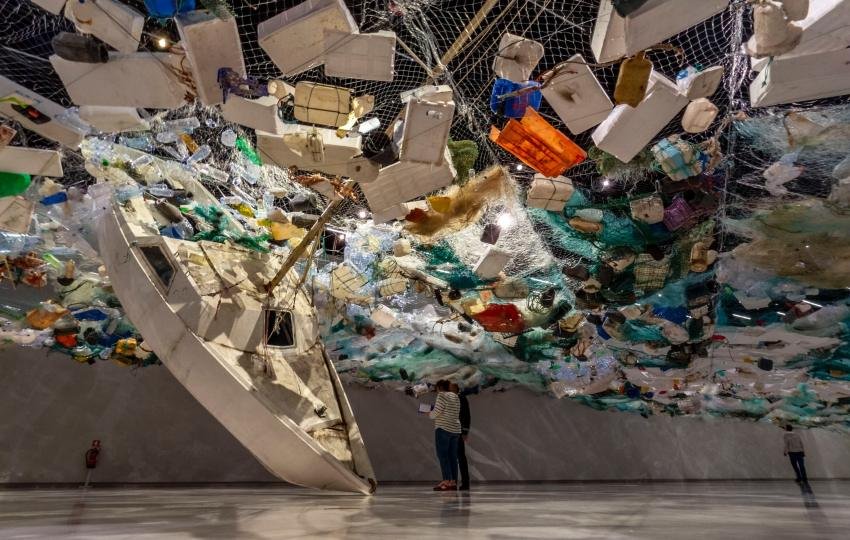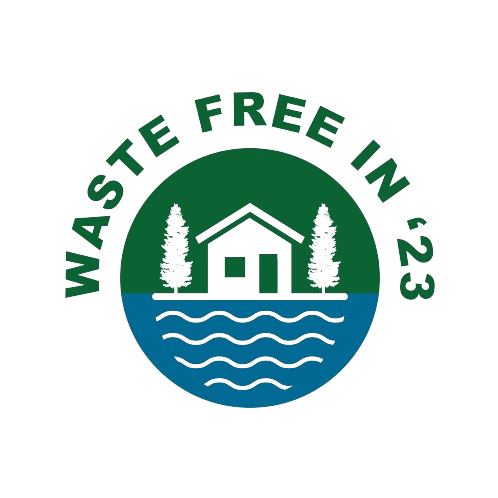
Related Post
Pickleball 12 Paddle Racks – Buy or DIY
Contact your local seller for buying Pickleball 12 Paddle Racks or Learn how to make it yourself

Recycling Diapers for a Greener Future – Waste-Free in ’23
What is a Zero Waste Lifestyle and Tips on how to Achieve it
We know how hard it is to lead a zero waste lifestyle in our society.
To clear any misconception here, zero waste living does not mean becoming hippies and living an alternative life forfeiting the benefits and comforts of capitalism. On the contrary, it is something more than just following certain principles. The conditions may not be in our favour, but there is room for redesigning and improving our economic systems.
First, a person needs access to proper information to really understand the problem of waste and its environmental consequences. Then, understanding the causes of the problem and acting on it takes patience, commitment, and responsibility.
We all go to supermarkets and see the amount of waste in our supply chain systems with our own eyes. The majority of the food we consume come in plastic food packagings, while we buy it in plastic grocery bags. Unfortunately, at some point, all these will end up in our bin and finally at the landfill, creating literal mountains of garbage and polluting the environment.
This article will give you all the information you need to set you straight on the path of zero waste living.
What is a zero waste lifestyle?
In short, a zero waste lifestyle or zero waste living means that we are actively trying to send nothing to a landfill. Practically, we reduce our needs, reuse as much as possible, and recycle or compost what we cannot. It is certainly not something easy to achieve, but building the right habits can do wonders.
We live in a world where we are constantly bombarded with advertisements catering to our inner consumerism. Just think of all the billions spent every year into marketing campaigns trying to convince consumers to buy more. Therefore, true zero waste living is almost impossible in a society that is hard wired around those principles.
Therefore, to really make a difference in this case, there needs to be something more than individual good intentions. We need to redefine the system of production and consumption of products and move from a linear economic model to a circular one
What’s wrong with trash?

Or better yet, is there anything good about it?
For consumers, trash is the leftover of consumed products with little to no value and are discarded, eventually ending up in landfills. In Europe, the average European citizen produces 5 tonnes of waste every year. Specifically, only 38% of that waste is recycled, while over 60% of household waste ends in landfills in some EU countries.
Landfills constitute a big problem as garbage are quickly pilling up and expand. Additionally, despite the obvious overconsumption, we can’t ignore other hazards like toxic material. Without a proper sorting of waste, toxic materials like batteries and cleaners end up in landfills. As a result, with the help of rain, they leak into aquatic ecosystems or poison aquifers.
The numbers above clearly highlight how critical waste management is and adopt a zero waste lifestyle. To further highlight how urgent the situation is, every year, we have the Earth Overshoot Day. This day marks the date when we have consumed all the resources that the earth can sustainably produce in a year. The bad news is that this date for 2021 was July 29th.
What about recycling?
Although recycling is a part of the equation in the circular economic system, it is unfortunately not the way out of this problem. There is a reason that we say “Reduce, Reuse, Recycle”, and recycling is last.
The zero waste lifestyle is inspired by ideals like the above expressed by the circular economy. As recycling is not always possible, it is important to prioritize reducing our needs and being innovative in the ways we reuse materials.
Did you know that plastic design is for single use only and that only 9% is recyclable? Furthermore, to add insult to injury, plastic can live for up to 500 years, releasing harmful amounts of methane gas in the process.
With all that in mind, you should understand the gravity of the situation. To avoid creating another “garbage island” of floating debris, we should cut down the amount of garbage ending in the landfill.
The importance of the circular economy
The EU focuses on the digital and green transition to create a climate-neutral Europe by 2050 under the Green Deal to recover Europe from the coronavirus pandemic. With the EU Circular Economy Action Plan, the circular economy will receive a big boost in the years ahead to help create a zero waste lifestyle.
The circular economy aims to extend the product life cycle and reduce waste to a minimum. For that reason, it gives a special emphasis on sharing, leasing, reusing, repairing, refurbishing and recycling existing materials and products as long as possible.
The circular economy will help us redesign the way we think of products and how we consume them. For example, there is a thing called planned obsolescence. In essence, manufacturers create products with a limited lifespan or make it almost impossible to repair and reuse to sell more products.
An economical and production system in place designed to create trash is obvious that cannot continue. This unsustainable way of producing and consuming goods is eating away Earth’s resources and, at the same time destroys the environment. That is exactly the opposite of zero waste living.
